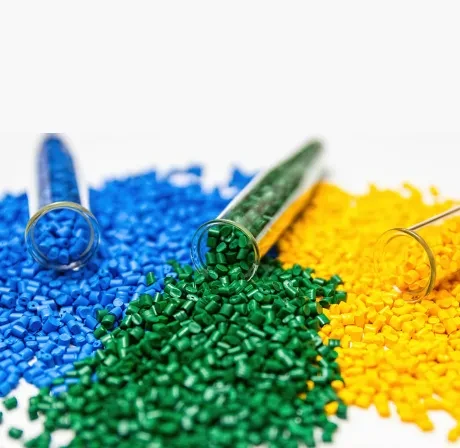
ABS (Acrylonitrile Butadiene Styrene) is a popular thermoplastic polymer known for its balanced combination of strength, durability, and ease of processing. It is widely used in various industries and applications, including 3D printing using the FDM (Fused Deposition Modeling) technology.
While ABS offers many advantages, it is important to note that it can experience warping or shrinkage during the printing process. Therefore, proper printer calibration, temperature control, and the use of a heated bed or enclosure are important considerations when working with ABS in 3D printing.
ABS is commonly used for rapid prototyping due to its ease of use and good mechanical properties. It allows engineers and designers to quickly iterate and test their designs before moving to production.
ABS can be used to create functional parts with good strength and durability. It is often utilized for producing components such as casings, housings, brackets, and fittings that require structural integrity.
ABS is suitable for manufacturing automotive components like interior trims, dashboard parts, and exterior fittings. Its toughness and resistance to impact make it suitable for these applications.
ABS is commonly used in the production of consumer goods such as toys, electronic enclosures, handles, and appliances. Its ability to be easily molded and its wide range of colors make it suitable for a variety of consumer products.
ABS can be used to create custom tooling, jigs, and fixtures used in manufacturing processes. These aids help in assembly, alignment, and quality control during production.
ABS is often used by educators, students, and hobbyists due to its affordability and accessibility. It allows for the creation of various objects, models, and DIY projects.
| Property | Value |
|---|---|
| Pyrolysis Thermal Degradation | 210°C |
| Flexural Strength | 75.84 MPa (11,000 psi) |
| Heat Resistance | 110ºC |
| Melting Temperature | 200°C (392°F) |
| Tensile Strength | 44.81 MPa (Available Range: 25-50MPa) |
| Elongation at Break | 3-75% |
| Standard Tolerance | 0.1% With a Minimum of ± 200 µ |
| Wall Thickness | 1mm-2.5mm |
| Density | 1.01 - 1.21ρ(Mg/m3) |
| Shrinkage | 8% |